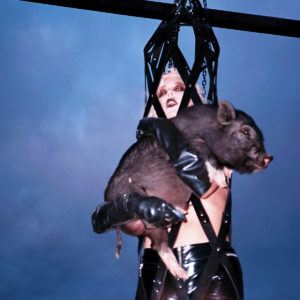
Patriarchy
The Unself
Dero Arcade
While the 2019 LP Asking For It served as an able introduction to Actually Huizenga’s work as Patriarchy, the record’s often lo-fi production and inconsistent songwriting and arrangement choices obscured of the LA-based project’s appealing mix of industrial, pop, rock and darkwave sounds. New album The Unself is a departure in that regard; while Huizenga’s thematics (good sex, bad sex, agency, and the claiming and abandoning thereof) and persona remain largely the same, the record is a sleeker, meaner and much more musically direct affair.
If you’re largely familiar with Patriarchy via the stream of remixes that preceded the album from the likes of Kris Baha, Zanias and Kontravoid, Patriarchy don’t waste time establishing their native sound for you; opener “Suffer” is driven by layers of bass synths, panned percussion and some chunky guitar on the chorus, all in service of Huizenga’s alternately menacing and seductive shrieks and whispers. That kind of tightly packaged song construction with a midtempo groove kept at the front is a touchstone for the record’s more clubbable numbers, including the shuffle of the excoriating kiss-me/kiss-off of “Good Boy” and the Garbage-esque “The Man For You”. Exercises like “Lock Jaw” where a plonky drum machine beat acts as a launching pad for a maelstrom of guitar noise, and the straight electro-darkwave come on of “No Touch Torture” are just as put together musically, demonstrating a step up in focus without completely abandoning Patriarchy’s yen for stylistic excursions.
While the songwriting assistance and studio work from scene mega-producer Matia Simovich undoubtedly plays a part in the obvious level-up on The Unself, Huizenga seems like she’s found her pocket as a vocalist and performer. Her vocal presence and charisma have always been evident, but it’s in how she inhabits these songs as a personality that gives them juice. She can play mildly unhinged seductress on both the grunge-esque “Don’t Fuck the Drummer” and on “Sex Doll” with equal aplomb despite each song’s markedly different style and sonics, and sell a mix of relatable disdain and disappointment on “Heat Lamps”. The songs are solid, but it’s how Actually bends and warps them around her personal gravity that imbues them with personality – namely hers.
The kind of slick step-up you hear on The Unself isn’t as easy as it Patriarchy makes it sound; tightening up a project’s approach with an ear towards pop appeal can end up choking the life out of the music, especially in a case like this where the controlled chaos was part of what made the project notable. Thankfully what we have here is less of a taming than it is a channeling, with enticingly fierce and sometimes hairy results.

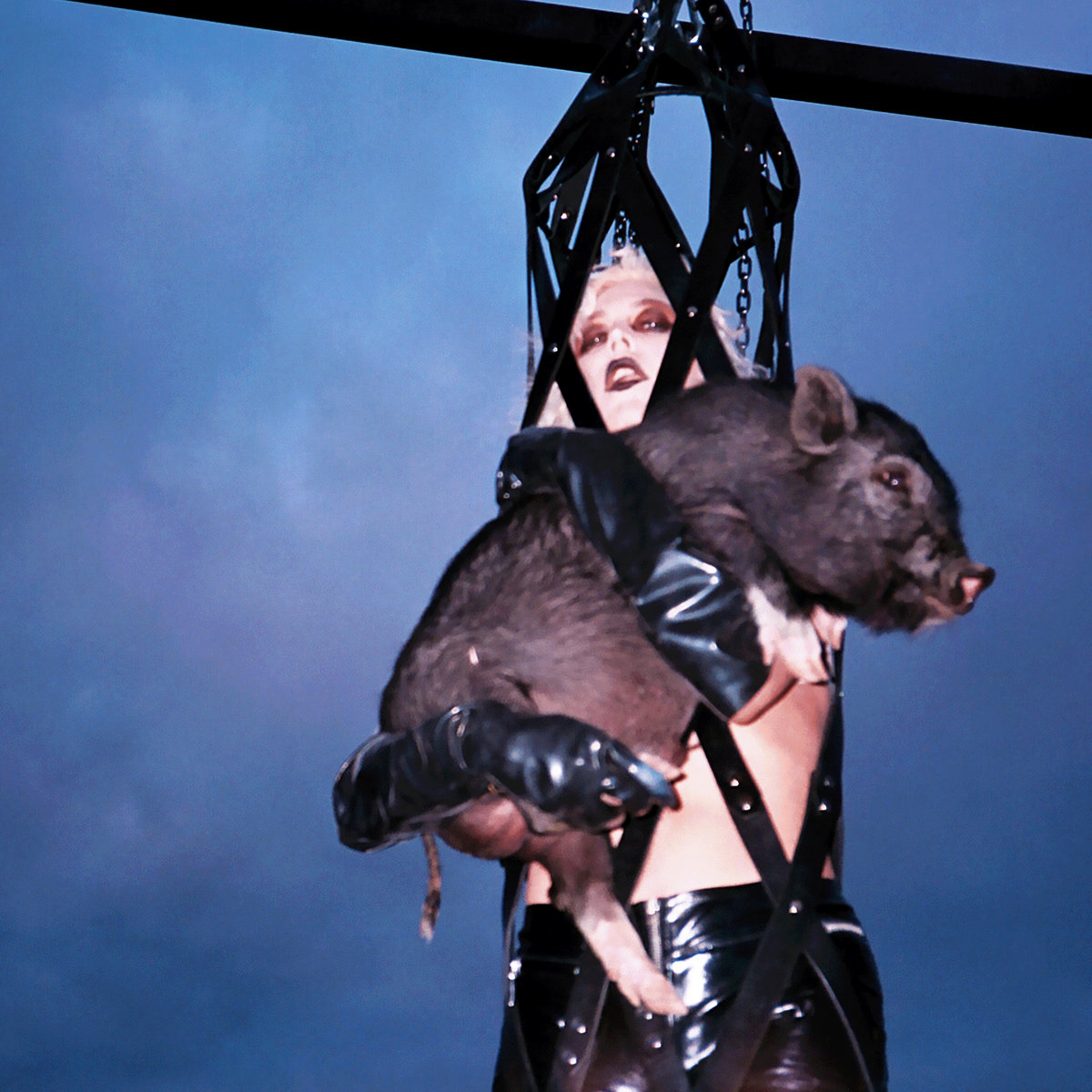
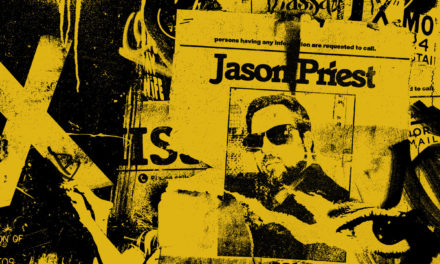
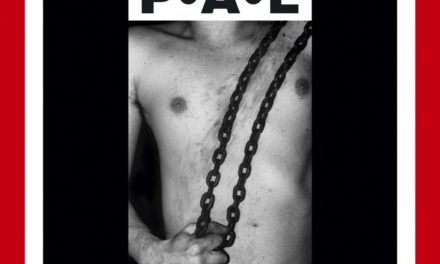
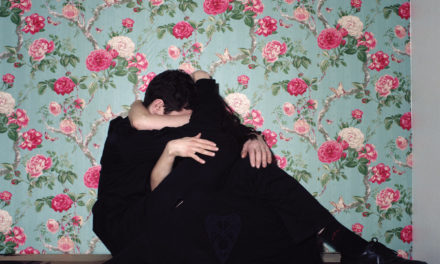
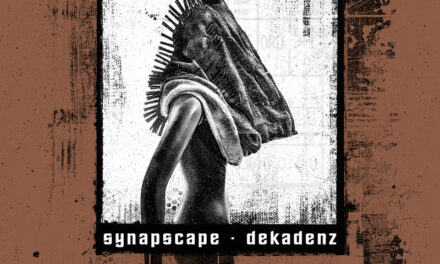
Amazing album!